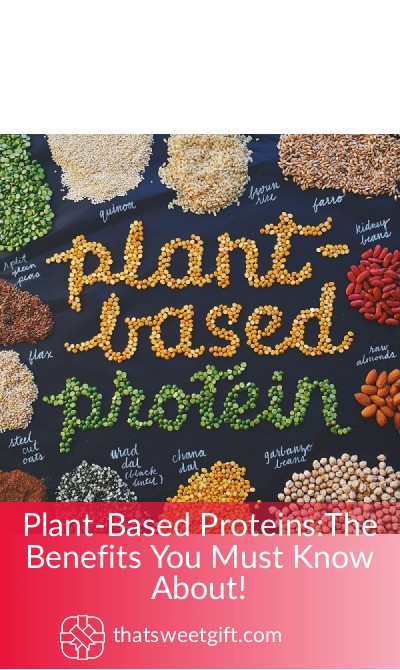Plant-Based Proteins:The Benefits You Must Know About!
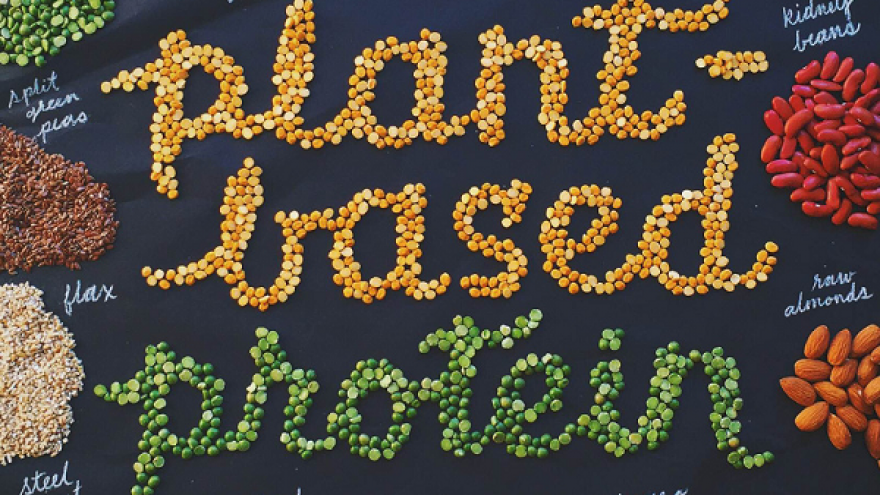
When it comes to developing a nutritionally balanced diet, many people opt for a meatless lifestyle. This could be as a result of digestive intolerances or moral preferences, but at the end of the day plant-based proteins can be incredibly beneficial for a number of reasons. Even if you’re the type of person who has always thought, “I can’t go entirely meatless!” opting to exchange a few meat proteins for plant-based ones could be incredibly beneficial for your overall health.
Below are just a few of the most prevalent advantages to plant-based proteins being implemented into your daily diet.
Using Friendly Fiber
One of the largest advantages to plant protein is the fact that it is filled with friendly fiber which is an essential component for your digestive system. If you’ve noticed that you’ve been experiencing a lot of bloating and discomfort after enjoying a meaty meal, it could be as a result of unhealthy fibers.
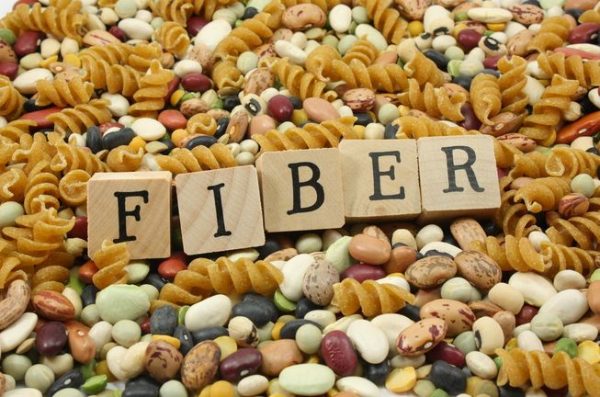
Plant-based protein has an incredible amount of insoluble and soluble fiber, two elements that are necessary for keeping your digestive system running as it should. Insoluble fiber helps to create stools and waste, whereas soluble fiber is responsible for helping you to feel more full after every meal.
With the right amount of plant-based proteins, you’ll finally have the ability to regulate your bowel movements and reduce any bloating or indigestion you would experience after a traditional meal.
Limiting Calorie Intake
As mentioned, plant-based protein has insurmountable levels of soluble fiber, which is responsible for helping you to feel satiated after a meal. If you’re in the process of attempting to lose weight, the more you’re able to regulate your intake of calories, the more fat you’re going to be able to burn by regularly exercising.
It’s always better to feel fuller after a meal as this will reduce your chances of snacking throughout the day and night or opting for foods that are relatively unhealthy. Instead, you will have the ability to eat when you are truly hungry rather than trying to pack yourself full of empty calories simply because they’re easy to make and readily available.
Boosting Your Metabolism
If there’s one thing that most people know about protein, it’s that it takes a far longer time to digest in comparison to fats and carbohydrates. This is important to remember, as the more proteins you eat, the harder your metabolism has to work and the more efficient it will be at working its way through food. Whereas with a diet that consists primarily of animal fats and unhealthy carbs, your metabolism barely has to work to burn it off and this can slow it down in the end.

Essentially, the more you’re able to entice your metabolism to work as efficiently as possible, the easier it will be for your body to break down fats which leads to less fat being stored.
Taking Advantage of Complete Proteins
When it comes to having healthier skin, hair, and nails, as well as a healthier heart and liver your body needs a few things known as amino acids. With a complete protein, all amino acids are covered, including the 9 different ones that your body cannot produce on its own. Plant-based protein, in comparison to animal protein, has all of the essential amino acids that are necessary for ensuring your body is not only healthy on the inside, but also on the outside.
With a regular dosage of these elements, you’ll begin to notice more moisturized skin, lustrous hair, and even stronger and longer nails than ever before. Not to mention it can help to reduce your chances of dealing with heart disease and high blood pressure.
Improving Your Immune Function
There are plenty of different items that you can eat once you start focusing on a plant-based diet, including legumes. Legumes are phenomenal as they help to protect your body against different illnesses, one of which being cancer. With the incorporation of kidney beans, peanuts, pinto beans, and black beans into your daily diet, you’ll be giving your immune system the support it needs to not only become healthier, but stronger.
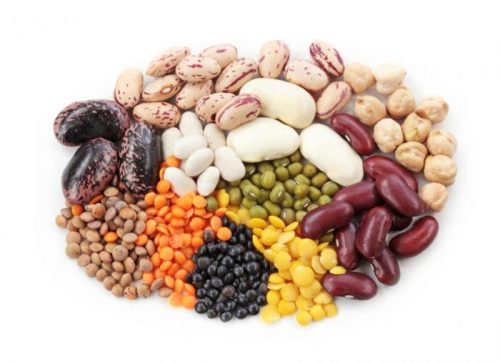
At the end of the day, the stronger your immune system is, the less likely you will be to not only deal with life threatening illnesses, but everyday ones as well such as the flu and cold.
Choosing from a Wide List of Ingredients
When you take a look at how you can get animal protein, you’re going to be staring at a substantially smaller list than if you were to consider how to get plant-based protein. For example, animal protein can be derived from beef, pork, chicken, turkey, etc. Whereas plant-based protein can be derived from soy, chia, hempseed, nuts, legumes, leafy greens, quinoa, buckwheat, whole grains, plenty of fruits, and more.
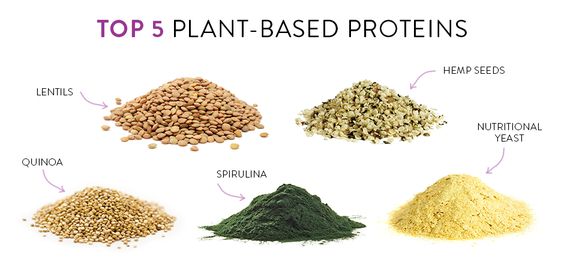
This means that you will finally have the opportunity to diversify your palate and try new foods and recipes that you never would have tried in the past. If there’s one thing that every vegan can agree on its that they never have to worry about eating the same things over and over again, as there is a whole grocery store filled with brand new ingredients right around the corner.
If you’re the type of person who has an affinity for food, it’s about time that you start looking into plant-based proteins as you will quite literally never run out of ingredients that you can pair together in an effort to create delicious meals. It’s also important to note that a plant-based diet is something that the whole family can enjoy, as cooking certain ingredients in certain ways can be more delicious for children than if you were to serve them a chunk of meat at the end of every day.
Are Plant-Based Proteins Worth It?
Even if you have zero intention of becoming truly vegan, there’s nothing wrong with getting a little more plant protein in your everyday diet. All you have to do is substitute a traditional side, such as mashed potatoes, for something a little more nutrient rich such as quinoa. You’ll surely begin to feel the benefits after one or two meals and eventually, it will become the norm.
Pin for later
